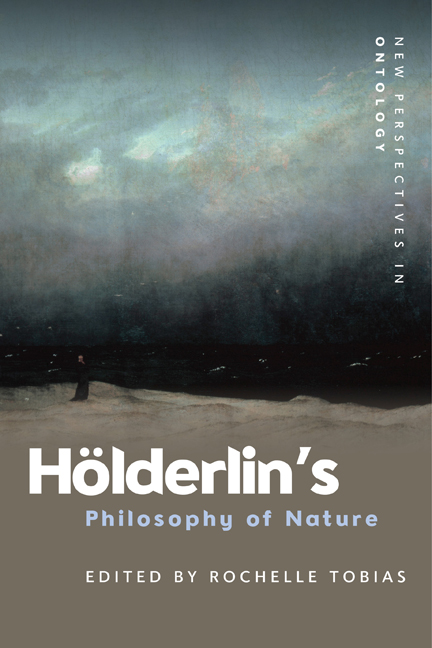13 - allowed, disallowed
Published online by Cambridge University Press: 08 October 2020
Summary
Peculiar opening: ‘every human being’, notes Franz Kafka in a blue notebook in the summer of 1916,
is peculiar, and by virtue of his peculiarity, called to flourish, but he must have found a taste for his own peculiarity. So far as my experience went, both in school and at home the aim was to blur all trace of peculiarity. This made the work of education easier, but also made life easier for the child, although, it is true, he first had to go through the pain caused him by discipline.
The taste for peculiarity here is bound to trying – or tasting – the pain of breaking the obsessive resistance, built up by education at home and at school, that blocks the way towards the awareness of one's own peculiarity. The easy or unburdened life of the child has passed through the cost of pain. He passes through the pain to overcome the resistance built up by education against the child's taste for getting in touch with his peculiarity. The alleviated life of the child is the life enriched by tasting and testing the pain as a foretaste of the child's taste for his peculiarity. Every human being ‘must’, emphasises Kafka, in order to find his or her peculiarity also find a taste (Geschmack) for peculiarity: he or she must ‘have come’ to this taste (auf den Geschmack gekommen sein). But the child's taste or liking, of his own free will, for his own peculiarity, pushes back against the teleological coercion – an order (or law) – that he ‘has to’ find this taste. As if the decree – an ordinance (Erlaß) – to ‘have to’ find a ‘taste’ for one’s peculiarity were the condition for leaving the language of ordinance, for leaving the area of commands and prohibitions traced out by it, like leaving off listening to a speaking that enforces obedience; in short, to see the decree-character (Erlaßcharakter) of language dispensed with (erlassen); to break with legally binding speech, or more precisely: to pass through the cracks (Risse) in the outline (Aufriß) of legally binding speech. As if the child, in order to find a taste for his peculiarity, depended on having to go through the pain of ‘having to’ (Müssen) that is embodied by parents and teachers, a field of commands and prohibitions, thus to have to go through ‘having to’.
- Type
- Chapter
- Information
- Hölderlin's Philosophy of Nature , pp. 235 - 251Publisher: Edinburgh University PressPrint publication year: 2020

